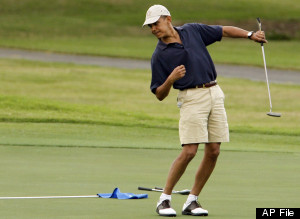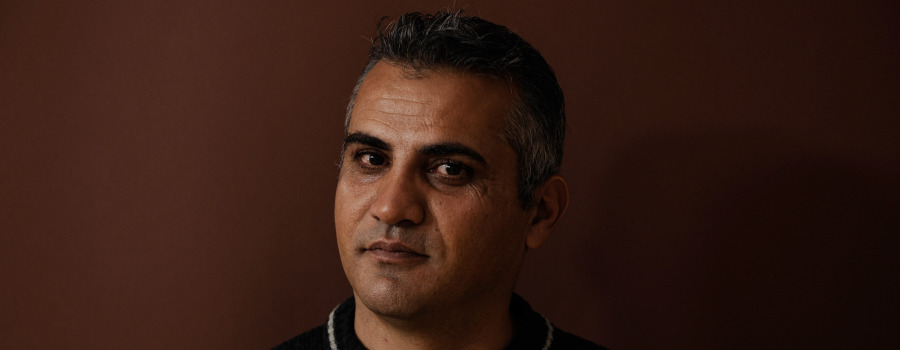In thinking about drones strikes and targeted killings, it can be instructive to picture them hitting people you know, either deliberately or as collateral damage. Doing so may not even be much of a stretch, nor should it be. (It’s already the case for people living in parts of Pakistan and Yemen.) Last week, I moderated a live chat on the ethics of drone warfare with Michael Walzer, the author of “Just and Unjust Wars”; Jeff McMahan, a professor of philosophy at Rutgers, who has also written about just-war theory; and The New Yorker’s Jane Mayer, who is a master of the subject. The discussion took some interesting turns, touching on the idea of a secret committee that the President would be asked to check with before killing an American and the question of whether China would ever assert the right to call in a drone strike on a dissident living in San Francisco. After Walzer and McMahan suggested some criteria for strikes—criminality, risk of American lives—I asked them this:
Doesn’t a journalist working abroad who is about to release classified information about a war crime—thus committing a crime—that will provoke retribution or a break with allies—endangering Americans—fit this definition of a target?
Doesn’t a journalist working abroad who is about to release classified information about a war crime—thus committing a crime—that will provoke retribution or a break with allies—endangering Americans—fit this definition of a target?































